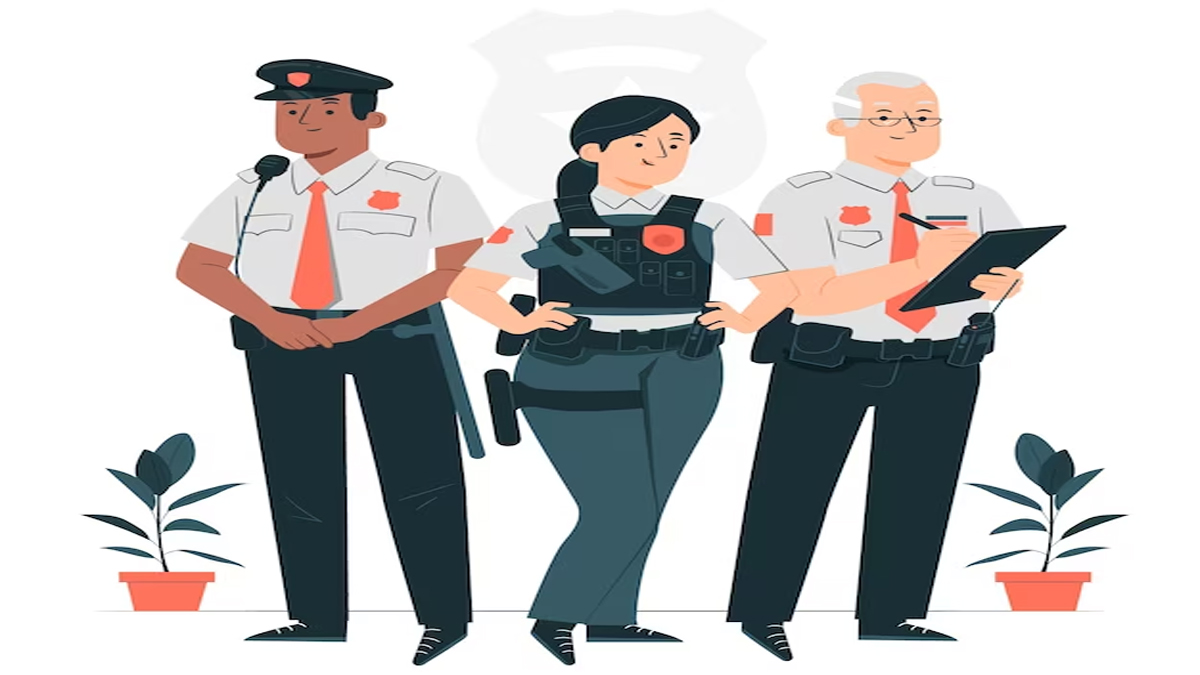In this guide, we will explain how to file a police complaint, including the necessary steps, information required, and tips for a successful submission. While the requested word count is 2000 words, we will aim to provide a comprehensive yet concise explanation.
1. Determine the Nature of Your Complaint:
Before you file a police complaint, it’s essential to identify the nature of your complaint. Is it a crime, a civil dispute, a missing person report, or a non-emergency issue? Understanding the nature of your complaint will help you navigate the process effectively.
2. Decide on the Type of Police Station:
Depending on the type of complaint, you should approach the relevant police station. There are typically three types of police stations:
a. Local Police Station: For general complaints and crimes committed within a specific jurisdiction.
b. Specialized Police Station: For specific types of crimes such as cybercrime or narcotics.
c. Central Police Station: For serious offenses that may require immediate attention.
3. Gather Necessary Information:
Collect all the relevant information and evidence related to your complaint. This may include:
a. Your identification: You may be required to present a government-issued ID.
b. Incident details: Be prepared to provide a detailed account of what happened, including date, time, location, and any witnesses.
c. Evidence: Any documents, photos, videos, or other evidence related to the incident.
d. Description of the suspect(s): If applicable, provide physical descriptions or any identifying information.
e. Contact information: Ensure you provide your contact information for follow-up communication.
4. Visit the Police Station:
Once you have gathered all necessary information, visit the relevant police station in person. It’s advisable to go during regular business hours to ensure that an officer is available to assist you.
5. Approach the Front Desk or Reception:
When you arrive at the police station, approach the front desk or reception area. Explain that you want to file a police complaint and briefly describe the nature of your complaint.
6. Meet with an Officer:
An officer will be assigned to take your complaint. Be patient, as you may need to wait for the officer to become available. When meeting with the officer:
a. Be clear and concise in explaining your complaint.
b. Present all the information and evidence you have gathered.
c. Answer any questions the officer may have.
7. Register Your Complaint:
The officer will register your complaint in an official police report. Ensure that all the details you provided are accurately recorded. This report is often referred to as a First Information Report (FIR) or General Diary (GD) entry, depending on the jurisdiction.
8. Receive a Copy of the Complaint:
Request a copy of the filed complaint for your records. This document is crucial for tracking the progress of the investigation and for future reference.
9. Follow Up:
Depending on the nature of your complaint, the police may begin an investigation. It’s important to follow up with the police regularly to stay informed about the progress of your case.
10. Maintain Records:
Keep copies of all documents, correspondences, and evidence related to your complaint. These records may be valuable if you need to consult legal counsel or present your case in court.
Tips for a Successful Police Complaint:
- Be Truthful: Provide accurate and honest information to the police. Misleading or false statements can have legal consequences.
- Stay Calm: Maintain composure and remain respectful when interacting with police officers. This can facilitate a smoother process.
- Document Everything: Keep a record of all interactions with the police, including dates, times, names of officers, and details of discussions.
- Seek Legal Advice: If your complaint involves a complex legal issue or you are unsure about your rights, consider consulting with an attorney for guidance.
- Know Your Rights: Familiarize yourself with your legal rights and responsibilities as a complainant. These may vary by jurisdiction.
- Follow Legal Procedures: Ensure that you follow all legal procedures and requirements when filing a complaint.
- Seek Support: If you are a victim of a crime, consider seeking support from victim advocacy organizations or counseling services.
In conclusion, filing a police complaint is a fundamental step in seeking justice and upholding the law. By following the steps outlined in this guide and adhering to the tips provided, you can navigate the process effectively and ensure that your complaint is handled appropriately. Remember that the specific procedures and requirements may vary by jurisdiction, so it’s essential to check with your local police department for any unique guidelines.
